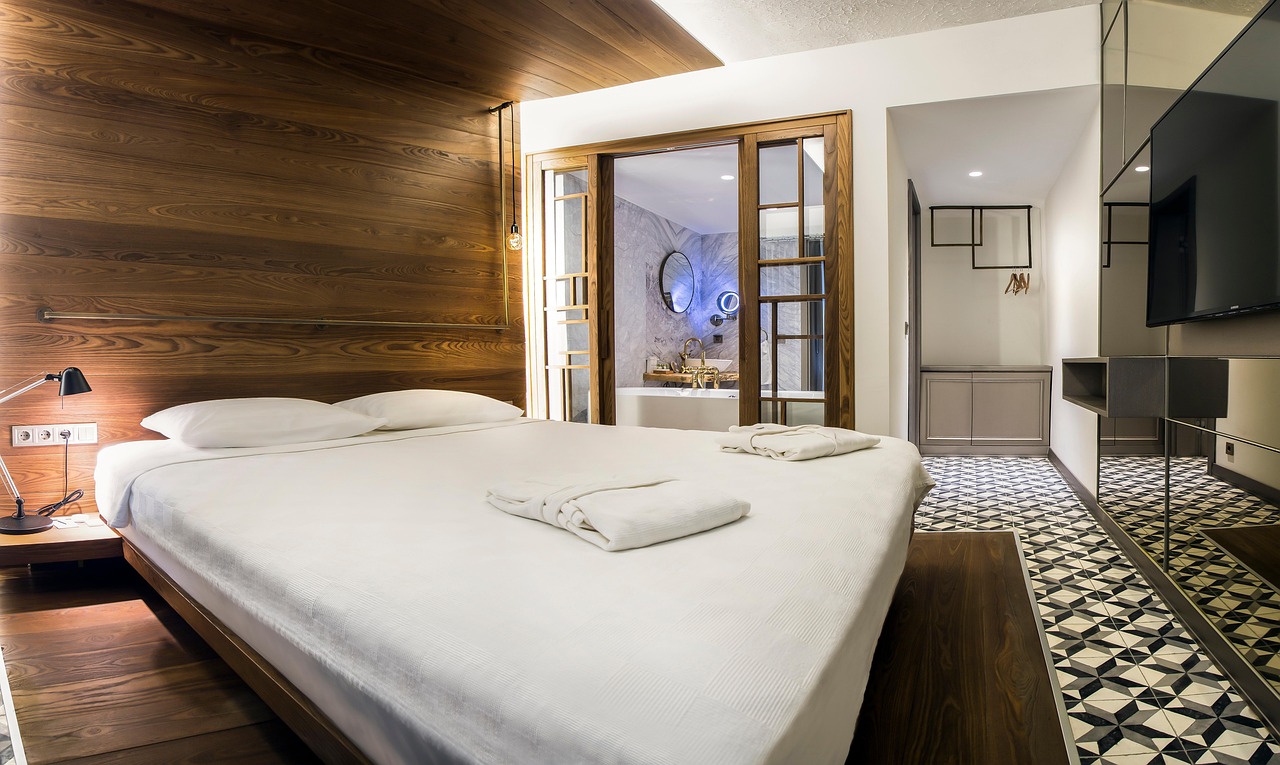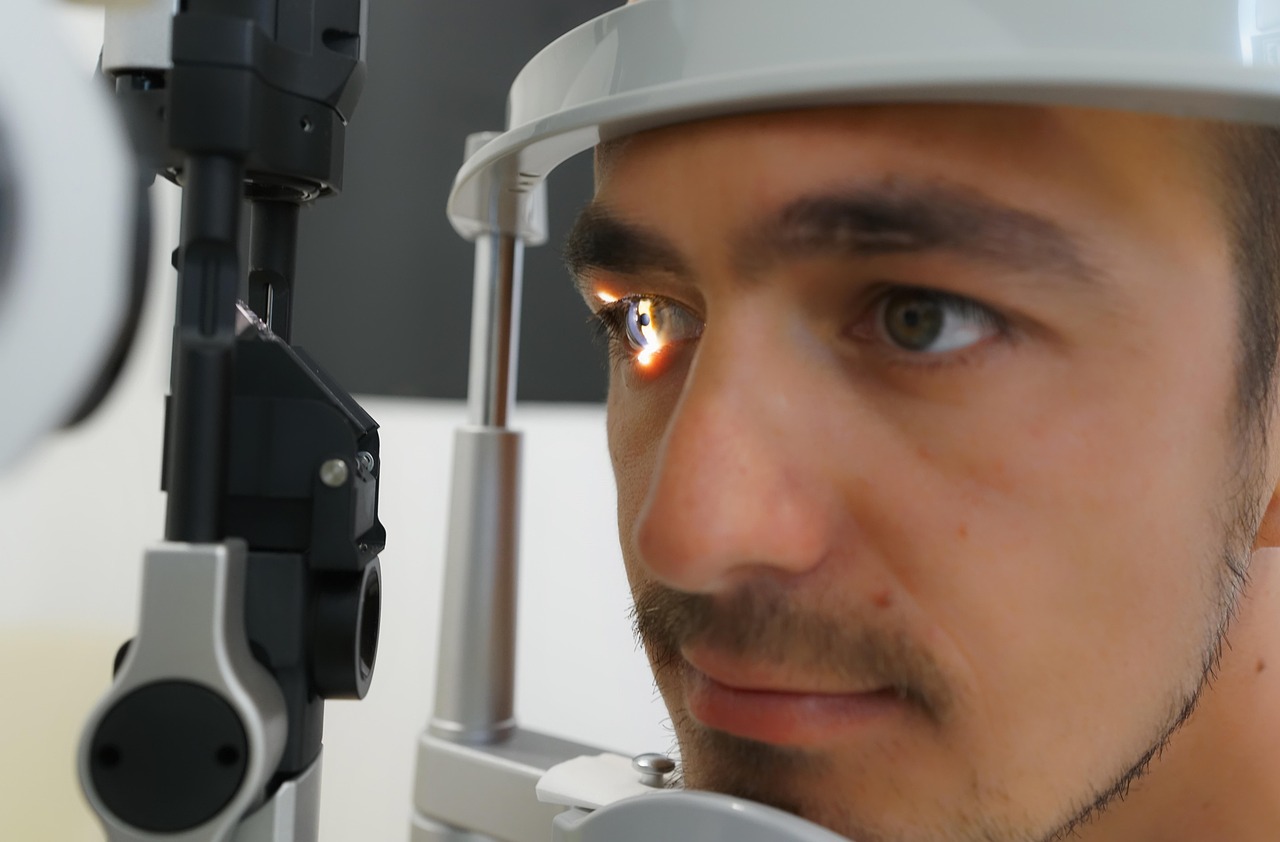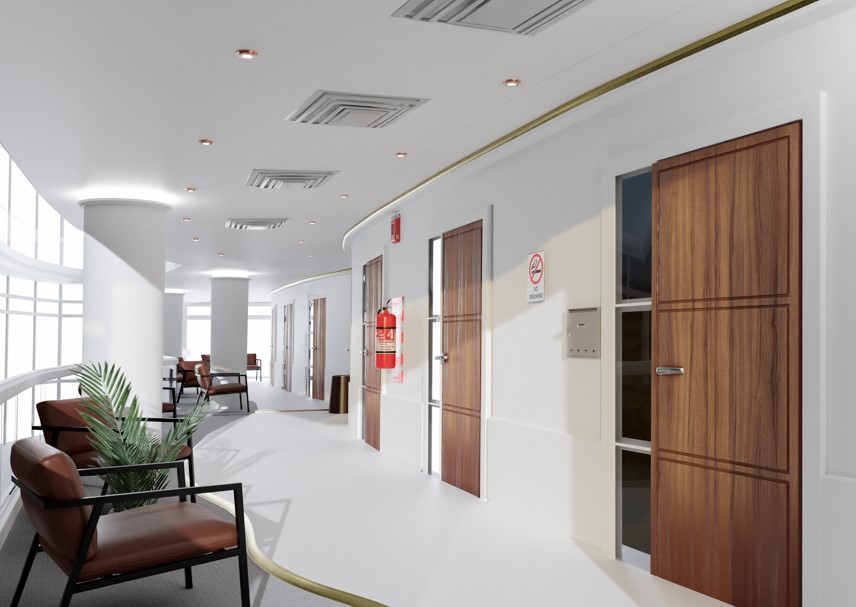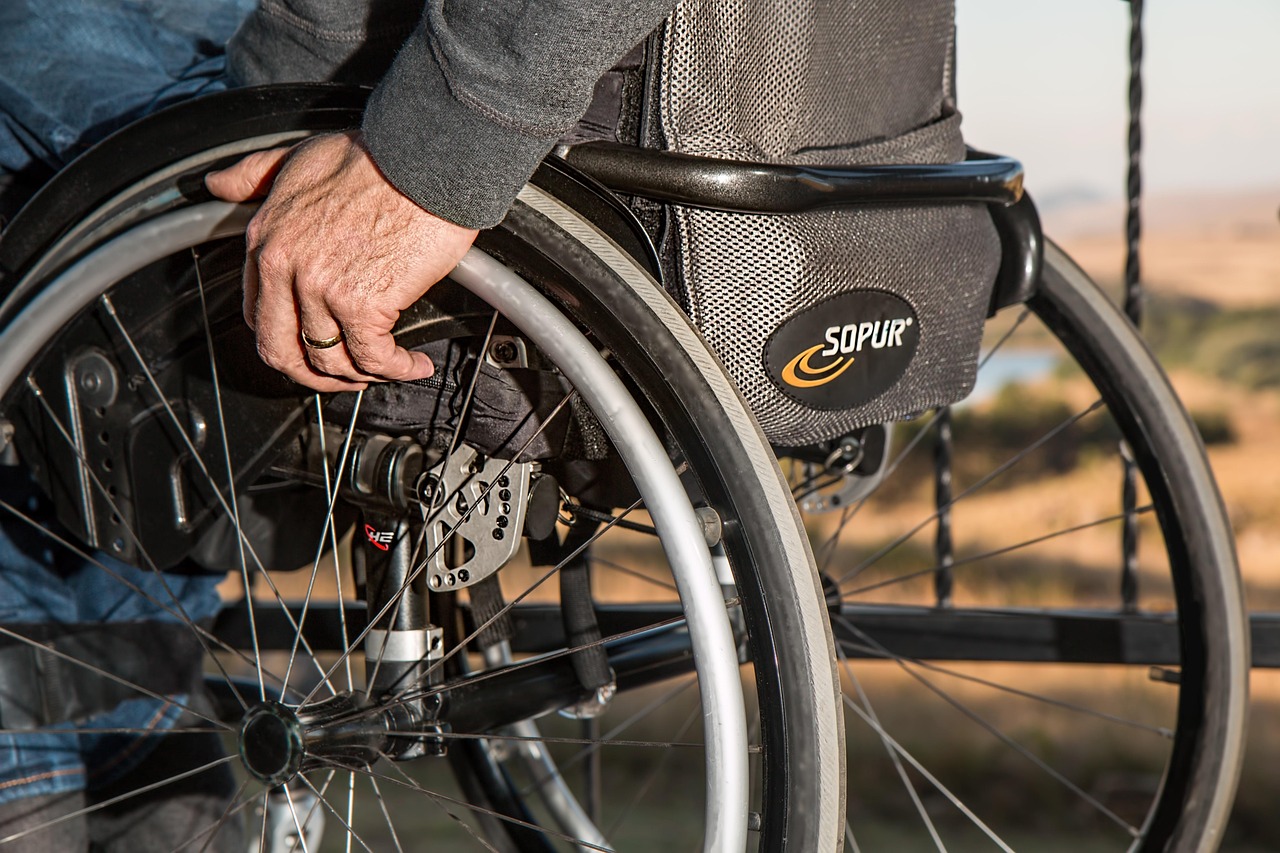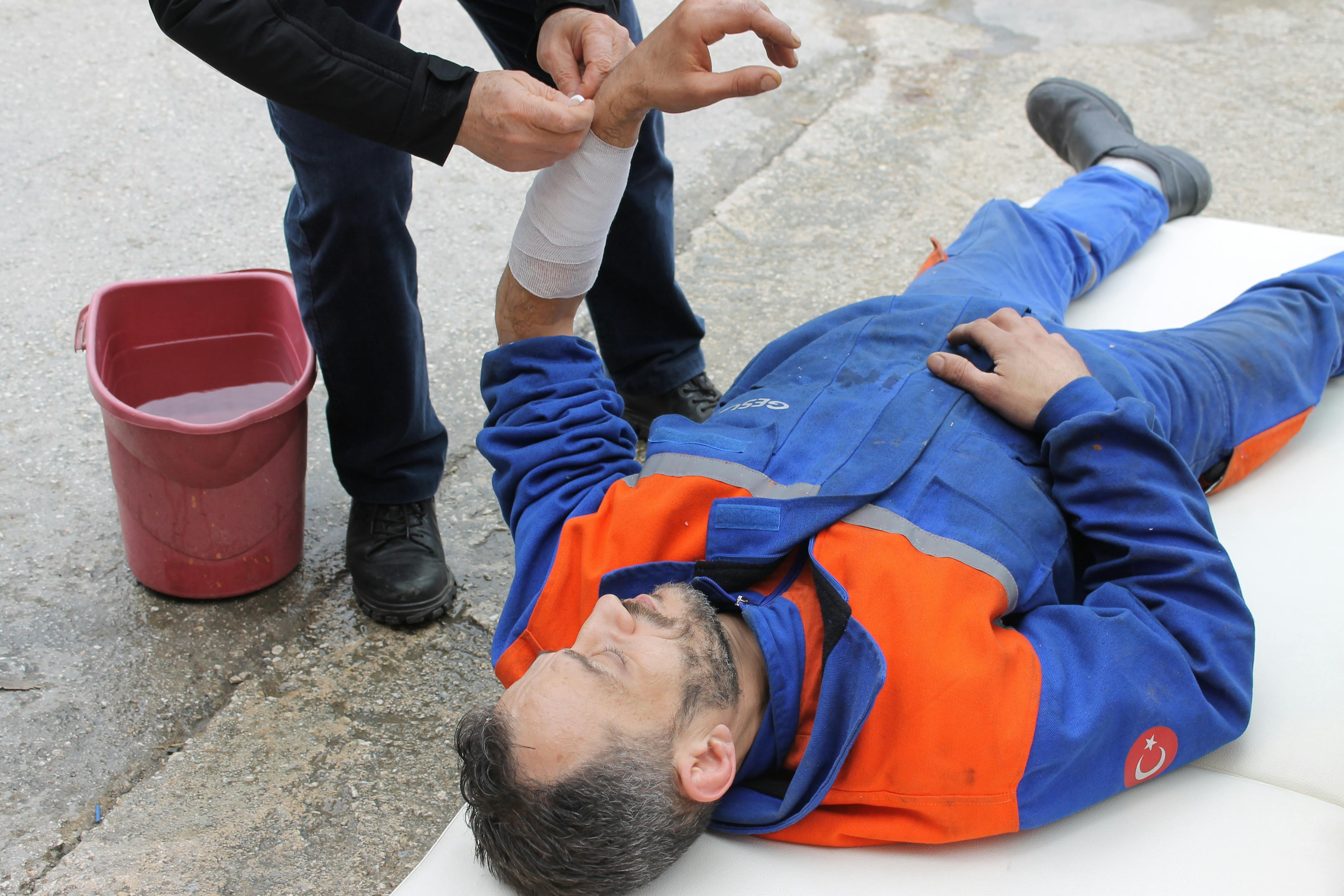17
Apr 2025
Simple Wellness Routines to Follow When Serving as a Caregiver in Hospitals
Published in General on April 17, 2025

When in a situation where you have to play a caregiver’s role, it’s common to sacrifice your own health in the process. The stress can make caregivers forget to look after themselves, which totally messes things up since their ability to care decreases as they become more worn out.
Caregivers who keep up with wellness routines actually provide way better care and steer clear of burnout. Let’s talk about some wellness routines that every caregiver should focus on when staying near hospitals, making sure they stay fit and emotionally ready to support patients while they recover.
Prioritising Oral Health for Overall Wellness
Oral care is probably the most neglected aspect of caregiver self-care, but it’s an absolute foundation for health in general. Caregivers, when in the hospital for extended stays, fail to keep up with simple dental hygiene without realising that oral health affects their immune system, energy level, and even mental health. Good oral care is not only about having fresh breath, but it’s a lot about avoiding infection that can be transferred to sick patients.
Dental professionals suggest establishing a regular, twice-a-day oral hygiene routine. This should consist of thorough brushing using fluoride toothpaste, flossing, and an alcohol-free antibacterial mouthwash. In case you have to spend extended hours at the hospital as a caregiver, consider keeping a travel-sized oral hygiene kit with you for a rapid refresh between meals or before important discussions with medical professionals.
Experts believe that spending three minutes on oral hygiene gives caregivers a badly needed mental reboot on busy days as ‘a short but significant act of self-care’ that repays in overall wellbeing.
Creating Sleep Sanctuaries for Better Health
Good sleep is essential for caregivers to recharge their batteries and deliver the best care, but hospital settings with their incessant noise, poor sleeping arrangements, and odd schedules make sleep a luxury. Establishing a sleep sanctuary, even in short-term housing close to hospitals, is the way to go, but it still demands careful preparation and consistent habits.
Begin by creating a special sleeping space that most accurately mimics your home environment. You can take your own pillow with you, use blackout curtains or an eye mask to restrict light, and use white noise machines or smartphone apps to mask hospital noise. Sticking to your sleeping schedule on a regular basis (even in cases where hospital emergencies happen) is what regulates your body’s own rhythms and enhances the quality of sleep in the long term.
Having the temperature set precisely is equally important to ensure a good night’s sleep, and it’s a good idea to keep your room at about 65 to 68°f to sleep better. If you’re a caregiver with limited hospital facilities, a portable heater or fan can really improve your sleeping setup. Having a small wind-down routine that tells your body it’s time to sleep (like reading, some light stretching, or meditation) can also help you fall asleep faster, even in stressful situations.
Nourishing Body and Mind Through Proper Nutrition
Hospital environments notoriously undermine healthy eating, with cafeteria food, vending machines, and irregular meal times sabotaging nutrition. However, eating healthy fuels your emotional and physical health to meet the demands of caregiving. In fact, establishing a proper nutrition plan averts the energy crashes, mood swings, and compromised immunity that poor eating inevitably produces.
Ideally, you need to arrange food high in protein and complex carbs. At the same time, you must not forget about keeping yourself well-hydrated, as most caregivers inadvertently become dehydrated during the extended hospital stay. Similarly, mindful eating makes nutrition a self-care activity. Small meals taken frequently regulate energy and stabilise blood sugar levels for high-energy days, so take advantage of any quick options you have available.
Moving Your Body to Stay Healthy
Physical movement is also one of many casualties of hospital caregiving, but you must understand that even small bouts of exercise dramatically lower stress hormones, improve mood, and enhance cognitive function, which are all vital ingredients for effective caregiving. The challenge is finding methods to integrate movement within the limitations of hospital routines and caregiver schedules.
Exercise physiologists recommend using movement opportunities that don’t require specialised equipment or leave the patient for an extended time. Sometimes, it can be as simple as taking stairs rather than elevators, taking short walks around the hospital when on the phone, or stretching during the five-minute breaks between meetings with hospital staff.
Endnote
By incorporating these self-care practices into your routine, you can create a healthy foundation of care that allows you to continue offering the type of empathetic support patients require during challenging hospital visits. Remember, self-care is a vital component of being a good caregiver.


